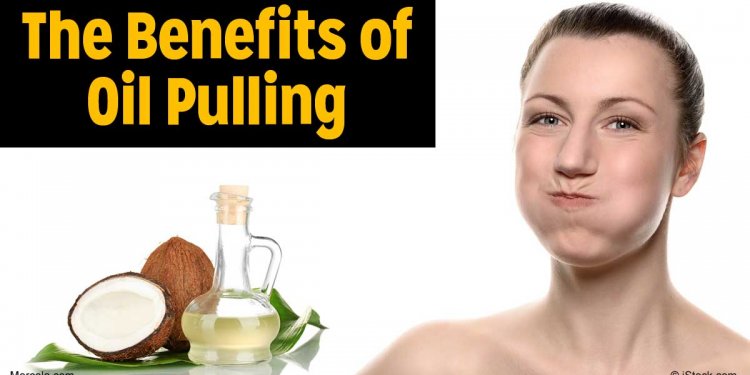
Oral Health Articles
Immediate Effects of Food
Changes begin in your mouth the minute you start to eat certain foods. Bacteria in your mouth make acids. The acids start the process that can lead to cavities.
How does this happen?
All carbohydrate foods eventually break down into simple sugars: glucose, fructose, maltose and lactose. Fermentable carbohydrates break down in the mouth. Other foods don't break down until they move further down the digestive tract.
Fermentable carbohydrates work with bacteria to form acids that begin the decay process and eventually destroy teeth. They include the obvious sugary foods, such as cookies, cakes, soft drinks and candy. But they also include less obvious foods, such as bread, crackers, bananas and breakfast cereals.
Certain bacteria on your teeth use the sugars from these foods and produce acids. The acids dissolve minerals inside the tooth enamel. The process is called demineralization. Teeth also can regain minerals. This natural process is called remineralization. Saliva helps minerals to build back up in teeth. So do fluoride and some foods.
Dental decay begins inside the tooth enamel when minerals are being lost faster than they are being regained.
The longer food stays near the bacteria on the tooth, the more acids will be produced. So sticky carbohydrates, such as raisins, can do more acid damage. But other foods that pack into crevices in the tooth also can cause decay. Potato chips are a terrific example. Eat a handful of chips and see how long you have to work to get all the stuck bits out from between your teeth. Teeth with a lot of nooks and crannies, such as molars, are more likely to trap food. That's why they tend to have more decay.
To make matters worse, many of the foods that are unhealthy for teeth don't just create acids while they are being eaten. The acids stick around for the next half-hour.
Depending on your eating and drinking patterns, it's possible for the bacteria to produce acid almost constantly. This can happen if you sip soft drinks or sweetened coffee throughout the day. Eating many small sweet or starchy snacks can produce the same effect. The resulting acid damage adds up, so decay is more likely. Studies have shown that people who eat sweets as snacks between meals have higher rates of decay than people who eat the same amount of sweets with their meals.
On the brighter side, some foods actually help to protect teeth from decay. That's because they increase saliva flow and neutralize the acids produced by bacteria. This makes it less likely that the enamel will lose minerals. For example, aged cheese eaten immediately after other food helps to buffer the acid.
Chewing sugarless gums also can help protect your teeth against cavities. Xylitol is an ingredient in some sugarless gums. This sweetener has been shown to reduce the amount of bacteria in the mouth. It also helps to buffer the teeth against the effect of acid. Most sugarless gums and sugarless candies increase the flow of saliva, which helps to protect your teeth against bacteria. Be careful about consuming large amounts of xylitol. This can have a laxative effect.
Long-Term Effects
Like the rest of your body, your mouth depends on overall good nutrition to stay healthy. In fact, your mouth is highly sensitive to poor nutrition. It can lead to tooth loss, serious periodontal (gum) disease and bad breath.
What To Eat
The current and best advice for overall good nutrition is found in the Dietary Guidelines for Americans. This document was developed by the U.S. Department of Agriculture (USDA) and the Department of Health and Human Services.
The guidelines are simple in concept:
- Eat whole grains daily instead of refined grains. Whole grains include brown rice, oatmeal and whole wheat bread. Refined grains include white bread and white rice.
- Eat healthier vegetables, including dark green and orange vegetables.
- Eat a variety of fruits.
- Choose a diet with plenty of grain products, fruits and vegetables.
- Choose fish, beans, nuts and seeds for some of your protein needs.
- Choose beverages and foods to moderate your intake of sugars.

















